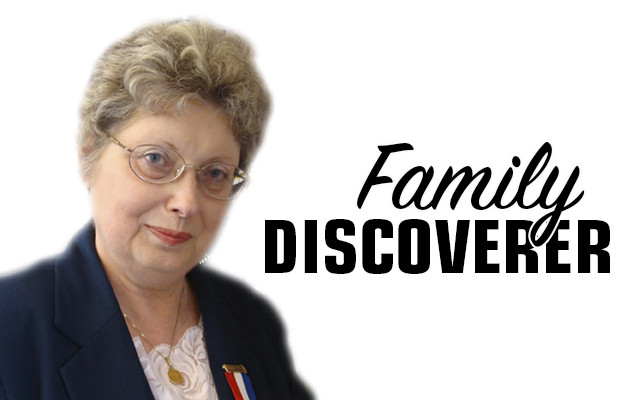
Watch those name changes
Did you have an ancestor who changed his or her name? This was quite common in the past. If our ancestors didn’t like their given name and preferred a nickname or middle name, they usually didn’t feel the need to legalize a name change in a court of law as we do today. They just went ahead and used whatever they preferred.
Today we sometimes think of name changes as connected with criminal activity. That happened in the past as well, but most of the time it was just personal preference. For example, a cousin of mine with the name Israel Franklin obviously didn’t care for Israel as a name. As he grew up he became Franklin Israel and then Frank I. He didn’t bother to approach an attorney to help with the change; he just was known to all in town as Frank, and it’s the name he gave in all censuses, was in his obituary, and on his tombstone.
Frank was hardly alone. Perhaps the greatest name changer in my family was my great-grand aunt Jennie, my great-grandfather’s younger sister. She was baptized Rebecca Jane, after her mother, and that shows as her name in the 1860 census. By 1870 she was simply Jane and it took me a while to locate her living in another town. In 1880 she was known as Jennie. When she married in 1887 she was Jennie May, though I don’t know where the May came from. Her death certificate in 1924 listed her as Jennie P. and her tombstone shows her name as Jennie R. Aunt Jennie was a kind and much-loved member of the family, but her frequent name changes has forced family genealogists to tear their hair out while trying to locate her.
Immigrant families often changed their surnames or translated them into the English equivalent, thus the French family with the surname Boulanger became the English Baker and LeRoi (the King) became simply King. Some of my father’s cousins used the surname Klimas, a shortened version of the Lithuanian surname. Some Lithuanians in Dover-Foxcroft picked new surnames at random, including Fisher and Smith.
Immigrant name changes were usually fueled by the desire to assimilate into their new country or to make their surnames easier to pronounce or even to change the spelling so it didn’t sound obscene in English. Many German-Americans changed their names when the United States entered World War I. The government whipped up hatred for the Kaiser and all things German. Anti-German sentiment was at its height and mobs even hanged German Shepherd dogs as enemy aliens.
How do you search for name-changing ancestors? Start with their births. Note any middle names or initials. Follow the family in the censuses. Sometimes your ancestor is hiding in plain sight. I doubt our ancestors meant to confuse and frustrate us in our research into our families, but often it seems as if they are chuckling at our labors to locate them. With name changes it’s “find me if you can.”
Nancy Battick is a Dover-Foxcroft native who has researched genealogy for over 30 years. She is past president of the Maine Genealogical Society, author of several genealogical articles and co-transcribed the Vital Records of Dover-Foxcroft. Nancy holds an MA in History from UMaine and lives in Dover-Foxcroft with her husband, Jack, another avid genealogist. You can contact Nancy at nbattick@roadrunner.com.